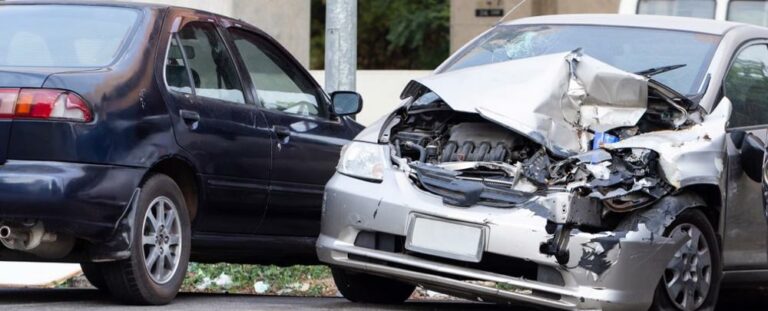Personal injuries can cause devastating circumstances for the victim and their loved ones. Anything from dog bites to car accidents and burns to slips and falls, personal injury lawyers in Atlanta, GA can help you with a lawsuit regarding your personal injury case and the mitigation involved.
But what does mitigation mean under Georgia law? What does the term consist of, and how do you do mitigation?
Read on and learn more about mitigation in the state of Georgia to find out how it may affect your injury claim.
Legal Definition
The term “mitigate” means to reduce or make less. The legal definition of “mitigate” under Georgia law implies that you will not refute any reasonable opportunity to decrease your damages and losses as a personal injury victim.
Sometimes, that may mean going to all of your doctor’s appointments to ensure you receive the necessary follow up care. Other times, it may mean accepting a lower-paying job that accommodates your physical and mental restrictions following your serious injuries. While the job may not be exactly what you want, your income will still decrease your overall wage loss from the accident.
Mitigating your damages as the plaintiff reduces your injury case losses because you take steps to minimize the overall harm done to you.
Duty of Mitigation for Damages
Your duty to mitigate damages under Georgia law means that you will do everything you can reasonably can to keep your losses from getting worse. Mitigating your damages is positively and proactively taking steps to decrease the overall amount of harm that you suffered from the accident.
A defendant may accuse you of not mitigating your damages in their first reply, during court motions, or in trial briefs. The defendant does this to reduce their own legal liability by alleging that you did not do everything you could to minimize injuries, losses, and damages after the accident.
The duty to mitigate damages may manifest in the following contexts during a personal injury case:
- The defendant and their legal team may claim that you did not mitigate your damages because you did not seek medical treatment quickly enough after the incident.
- The defendant and their legal team may accuse you of not mitigating your damages via your failure to follow your doctor’s treatment plan.
- The defendant and their legal team may say that you did not mitigate your damages in a car accident case because you failed to move your car to the side of the road following the collision.
Failure to Mitigate Damages
But what happens if you do not mitigate your damages?
Should you fail to mitigate your damages, your total award amount during the trial will get reduced by the amount you would have received had you taken the mitigating action.
For example, suppose you suffered injuries in an accident that prevents you from returning to work. However, you can still do another line of work that does not require as much physicality, and so you are offered a remote writing position that allows you to work from home. But you turn the job offer down, thereby choosing not to make a reasonable effort to mitigate your damages.
When your case goes to trial, your damages for lost wages will get reduced by the amount of earned income you would have had if you had accepted the job.
Affirmative Defense
If you fail to make reasonable efforts for mitigation of your damages, it becomes an affirmative defense that the defendant will bring up. The defendant and their legal team must show evidence that proves you (the plaintiff) did not reasonably reduce your damages. If the defendant alleges you did not mitigate your damages, you will have the opportunity to refute it.
Reasonable Efforts to Mitigate Damages
Should your case go to trial, the jury decides what reasonable efforts entail. Under Georgia law, you may have to spend money on things to mitigate your damages as it would be a reasonable thing to do.
For example, suppose a dog attacked you and injured your arm. Purchasing and wearing an arm sling may help you recover faster, thereby making it a reasonable thing to do.
However, you do not have to do absolutely everything to mitigate your damages, regardless of how time-consuming, inconvenient, or inexpensive it is. Instead, you must only make reasonable efforts.
Contact Us
Have you suffered injuries in what could be considered a personal injury case? Do you know how to mitigate your damages? Well, help is available at the Law Office of John B. Jackson. With a 100% satisfaction guarantee and offering a free case review, the Law Office of John B. Jackson is available 24/7 and does not require payment if you do not win your case. So, contact the Law Office of John B. Jackson today!





